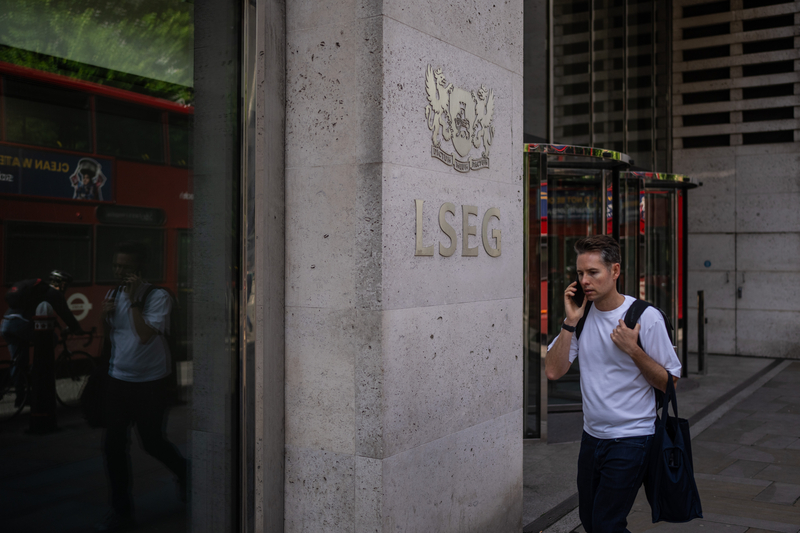The UK is set to usher in a new era for private company investment and liquidity with Tuesday’s launch of the FCA’s final rules for the Private Intermittent Securities and Capital Exchange System (PISCES). The FCA said trading can begin later this year.
Heralded by the government as a significant
Register for free to keep reading
To continue reading this article and unlock full access to GRIP, register now. You’ll enjoy free access to all content until our subscription service launches in early 2026.
- Unlimited access to industry insights
- Stay on top of key rules and regulatory changes with our Rules Navigator
- Ad-free experience with no distractions
- Regular podcasts from trusted external experts
- Fresh compliance and regulatory content every day

















